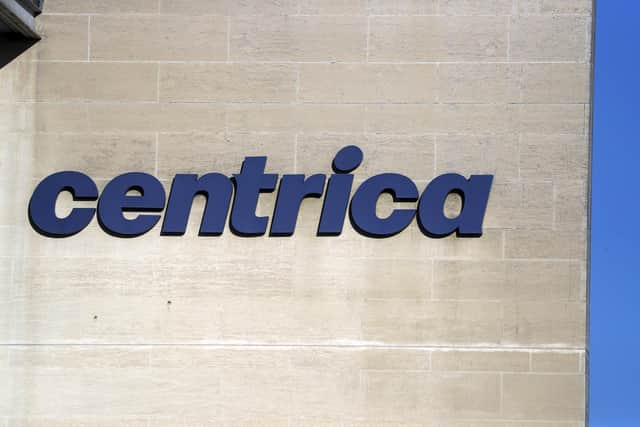Energy companies are really not so smart and don't care about their customers - David Behrens
Five million pounds doesn’t go far among so many discontented people – it’s less than a tenner each. But it does lay bare the smash-and-grab culture among energy companies today, charging as much as possible for doing as little as they can get away with.
The energy regulator Ofgem, in a rare gnashing of teeth, singled out E.on Next for its appalling customer relations but its rivals are not much better. A survey of households last autumn found satisfaction was at its lowest level since tracking began five years ago so the service is getting worse, not better.
Advertisement
Hide AdAdvertisement
Hide AdNo-one who tries to get through to an energy company on the phone comes away happy. There has never been a caller who puts down the receiver and says, “that was easy – they answered straight away and reduced my payments. I’ll recommend them to all my friends”.


Last time I called, to get the account transferred to us when we moved house, it took half a dozen attempts and an hour or more on the line before I heard a single voice that wasn’t a robot telling me my call was important to them.
And when E.on Next tried to seize the initiative by calling to tell me I needed a smart meter, they couldn’t even access their own system. They phoned three more times before finally giving up on me.
If smart meters were like internet routers we would all have them by now. We’d have hooked them up ourselves, or asked a 12-year-old to do it. As it is, the roll-out of these devices is years behind schedule because qualified engineers who can put them in without electrocuting themselves are as rare as a bathroom break in a call centre.
Advertisement
Hide AdAdvertisement
Hide AdSmart meters are supposed to cut your bills by showing you how much you’re saving as you turn the knobs down on your appliances. And they read themselves so you don’t have to crawl under the stairs every three months.
But seldom has there been a more cack-handed implementation. The first meters – any that are more than four years old – are already obsolete because they lose their connection as soon as you change to a cheaper supplier. So they are now having to be replaced. It’s like being made to get a new TV every time the channel numbers change on Freeview.
This week, the government was told there was “no chance” of meeting its target to fit smart meters in every home by next year – a deadline that had already been put back by four years. The energy firms tried to claim it wasn’t their fault; they had exhausted the “low hanging fruit” of customers who actively wanted one. This is offensive and untrue. I’d have a smart meter tomorrow if E.on Next was capable of providing one. I’m not going to be written off as low hanging fruit when they’re the lemons.
Centrica, the parent company of British Gas, was one energy firm that tried to forestall Ofgem’s criticism by implying it would stop using overseas call centres. It would add 500 new recruits to its team of 2,000 customer service people already in the UK, it said, and lose 3,500 staff elsewhere in the world.
Advertisement
Hide AdAdvertisement
Hide AdSo that’s a net loss of 3,000 people answering the phones. Presumably they were hoping we wouldn’t notice that detail.
It’s only four years since Centrica cut 4,000 UK jobs in order to outsource its call centres to countries where labour is cheaper. The GMB union warned at the time that the plan was short sighted but not even they could have foreseen how short-lived it would be.
Centrica’s chairman, Scott Wheway, tried to blame Covid for doubling the number of calls from customers but there’s a more plausible reason: it’s the outrageous prices they’re suddenly expecting everyone to pay. People have legitimate concerns and it’s his job to pick up the phone and address them.
Centrica has behaved particularly badly this year, hiring contractors to forcibly fit prepayment meters in the homes of vulnerable British Gas customers. So its sudden concern about call centres is as hollow as the cut-and-paste rhetoric on its faceless corporate website. “We put our customers at the heart of everything we do,” it reads. They missed out ‘exploiting’ after the second word.
Advertisement
Hide AdAdvertisement
Hide AdAgainst all this lip service, fining E.on Next £5m is a token gesture; a drop in the ocean of the £3bn profits its parent company pocketed in six months last year. They’re making lemons of us all – and I’d say that to their face if they had one.